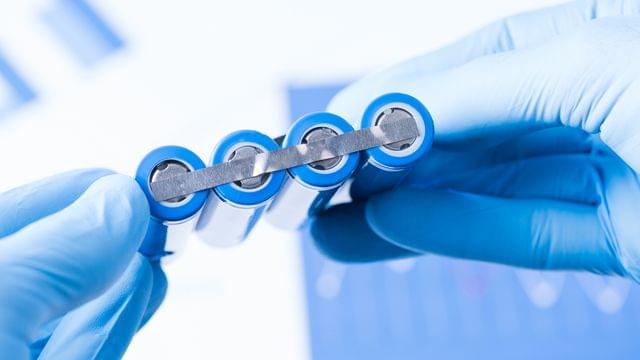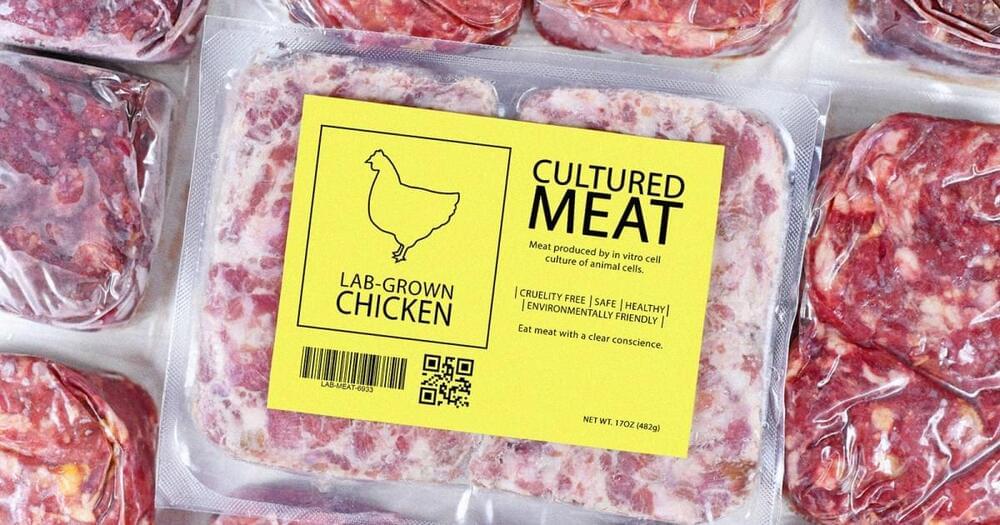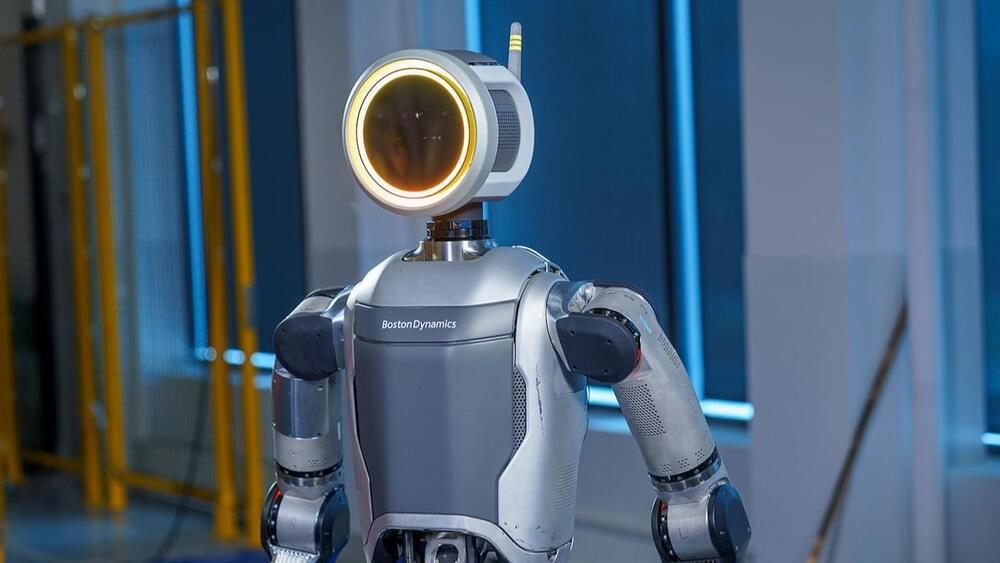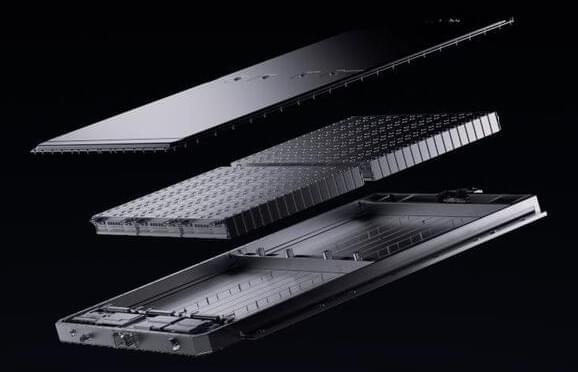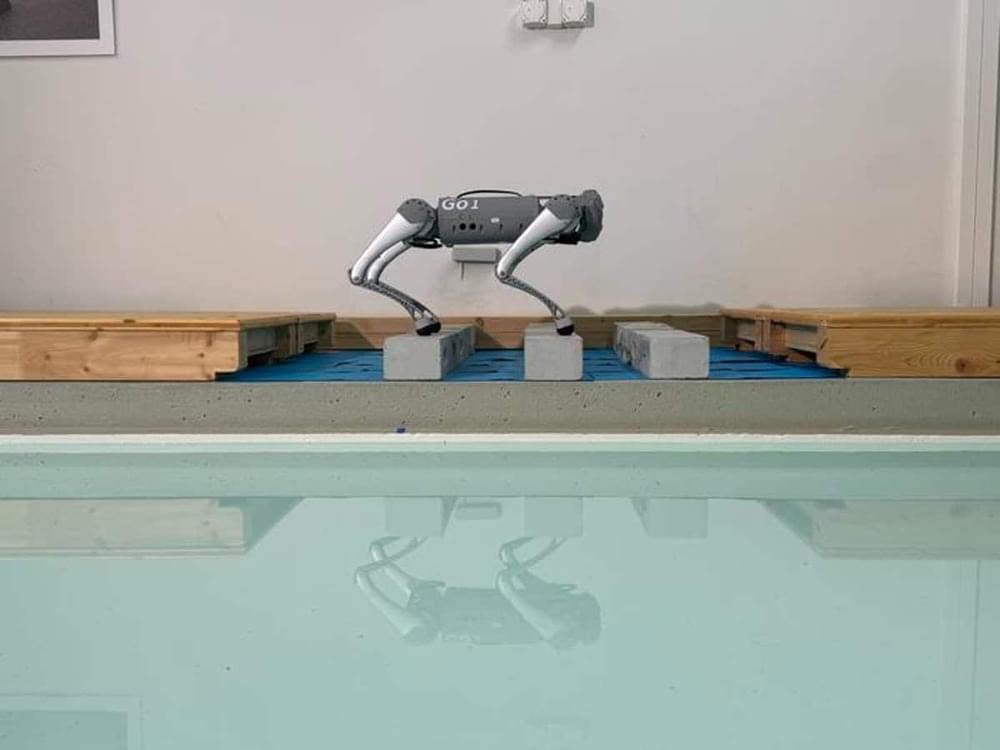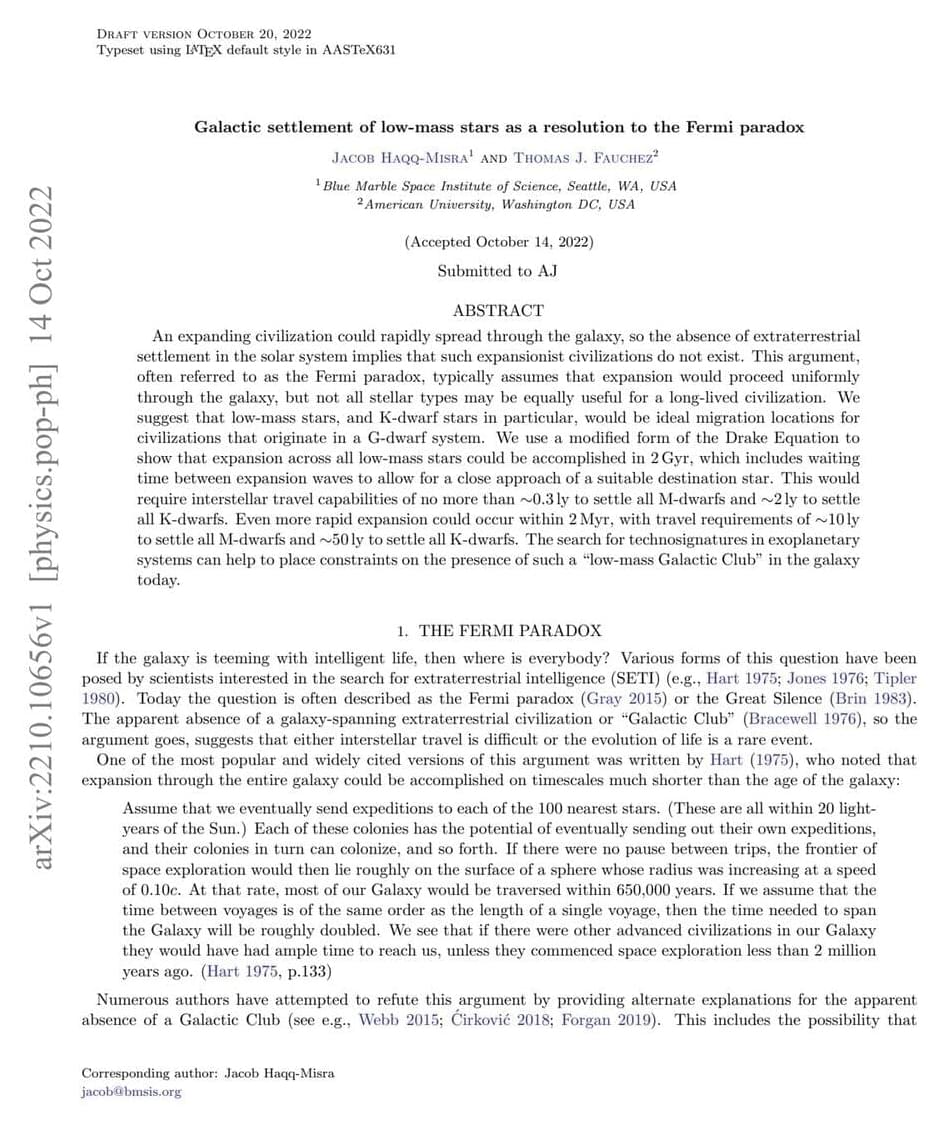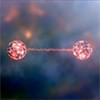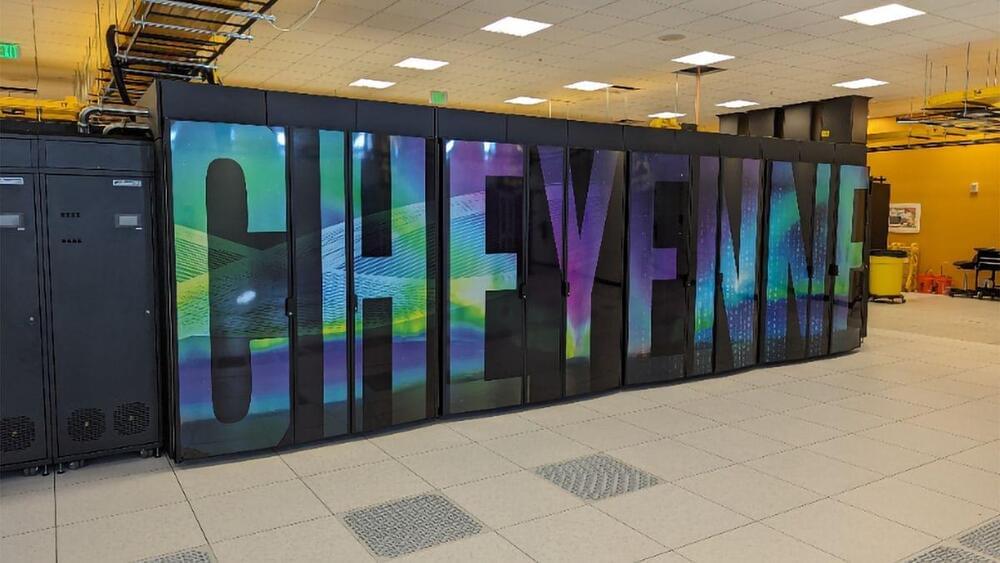May 1, 2024
Voltage Breakthrough in Quest for Cheaper, Safer Batteries
Posted by Shailesh Prasad in categories: biotech/medical, chemistry, engineering
A QUT-led team of international researchers has made a breakthrough in the development of a type of battery that is much safer and cheaper than the batteries currently charging our smart devices.
The research, published in the prestigious Journal of the American Chemical Society, has demonstrated a way of improving the voltage of aqueous zinc-ion batteries, which are a type of rechargeable battery which have a water-based electrolyte.
QUT researchers involved in the study are Professor Ziqi Sun, Associate Professor Dongchen Qi, and Fan Zhang from the School of Chemistry and Physics, Professor Ting Liao and Professor Cheng Yan from the School of Mechanical, Medical and Process Engineering and Dr Aaron Micallef from the Central Analytical Research Facility.
